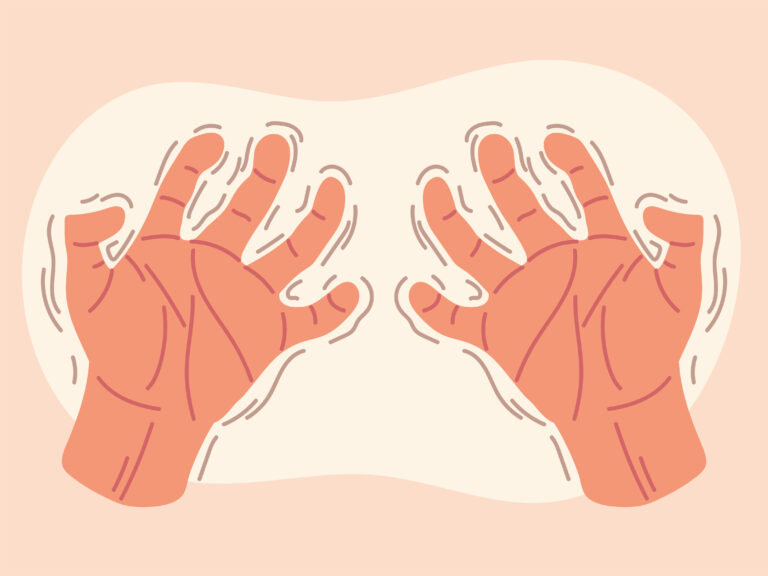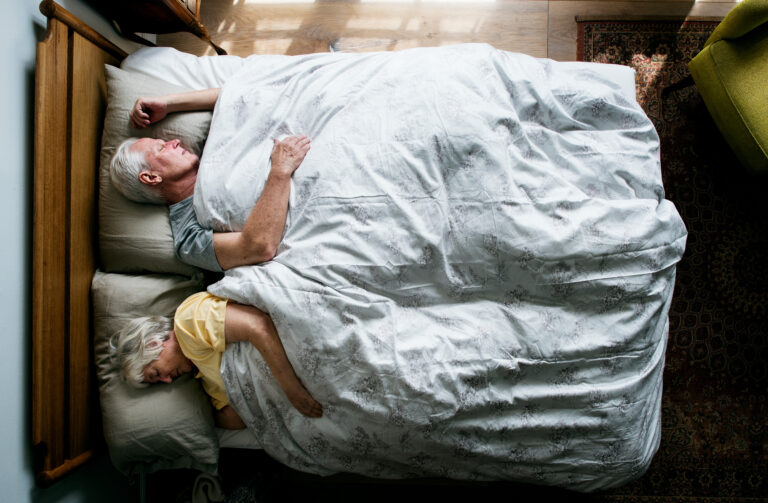Bright light therapy has shown promise in improving certain symptoms associated with dementia, such as sleep disturbances and mood, but direct evidence specifically linking bright light therapy to improved appetite in dementia patients is limited and indirect at best.
Research from Arizona State University demonstrated that **biodynamic lighting**—lighting that mimics natural daylight rhythms—significantly improved sleep duration by about 82 minutes and alleviated depression symptoms in older adults with dementia[1]. Since poor sleep and depression can negatively affect appetite, improving these factors through bright light therapy might indirectly support better appetite. However, the study did not explicitly measure appetite changes.
Dementia often leads to behavioral and physiological changes that reduce appetite, including agitation, mood disorders, and disrupted circadian rhythms[5]. Bright light therapy helps regulate circadian rhythms by influencing melatonin and serotonin production, which are critical for sleep and mood regulation[3]. Improved circadian regulation and mood stabilization could theoretically enhance appetite by normalizing daily rhythms and reducing depressive symptoms that suppress hunger.
In broader contexts, light therapy is used to treat Seasonal Affective Disorder (SAD) and other mood disorders, which can include appetite disturbances[3][4]. For seniors, light therapy has been shown to improve energy levels and mood, which may help counteract appetite loss indirectly[4]. However, these findings are generalized and not dementia-specific.
From a physiological standpoint, appetite regulation involves complex brain circuits, including hypothalamic neurons that control hunger signals[2]. While bright light therapy influences brain chemistry related to mood and circadian rhythms, it does not directly target the hypothalamic pathways that regulate hunger. Other interventions, such as nutritional support and medical treatments, are often necessary to address appetite loss in elderly or dementia patients[6].
In summary, **bright light therapy can improve sleep and mood in dementia patients, which may indirectly help improve appetite**, but there is no direct, authoritative evidence that bright light therapy alone significantly enhances appetite in dementia. More targeted research is needed to establish a clear causal relationship.
—
**Sources:**
[1] Arizona State University study on biodynamic lighting improving sleep and mood in dementia patients (2025)
[2] Study on brain mechanisms regulating appetite via hypothalamic neurons (2025)
[3] Kevin Marra, MD, on light therapy benefits for dementia and mood disorders (2025)
[4] The Supportive Care blog on light therapy for seniors with Seasonal Affective Disorder (2025)
[5] Behavioral strategies and causes of agitation in dementia, including effects of lighting (2025)
[6] Healthline article on medical treatment of appetite loss in older adults (2025)





